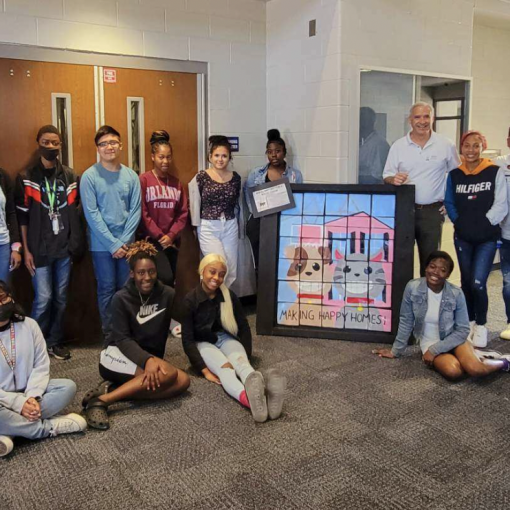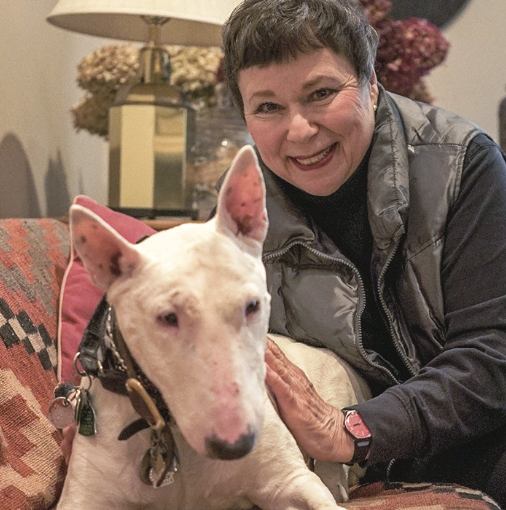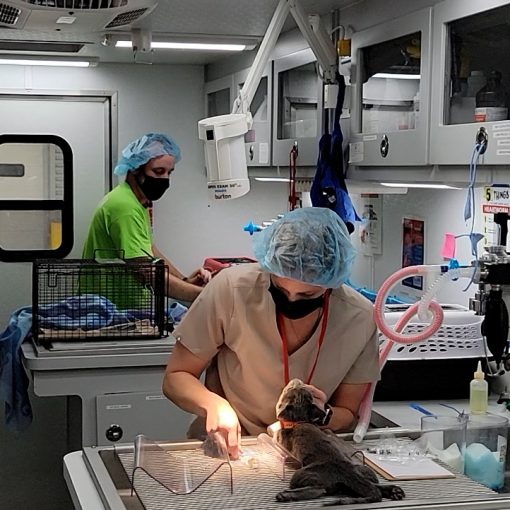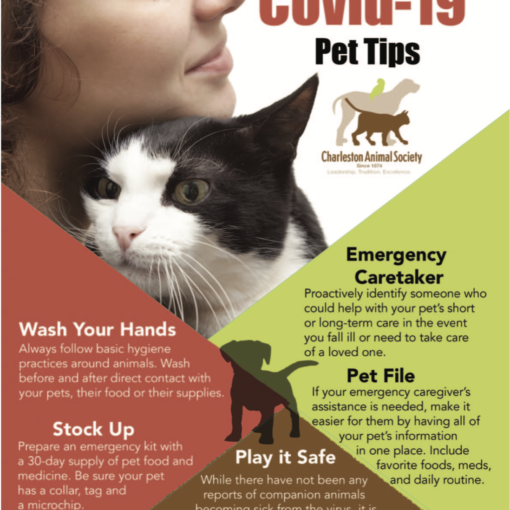What’s on tap for animal legislation in the New Year?
By Ellie Whitcomb Payne
State animal care advocates have a voice in Columbia through the South Carolina Animal Legislative Committee. This group works to promote laws “aimed at a positive environment for animals and those charged with their care,” according to chairwoman Denise Wilkinson who also serves as the CEO for Pawmetto Lifeline in Columbia. She explains three priorities for the upcoming legislative session, which begins January 8.
- Overpopulation: Spring and summer bring with it an explosion of litters at animal shelters. A proposed bill would shorten the length of stay for kittens and puppies under five-months-old, allowing shelters to more quickly move them into life-saving situations. The committee acknowledges concerns about giving owners time to reclaim animals but, Wilkinson adds, it is very rare that a person comes in looking for a “lost litter.” The bill would not change the 5-day retention period for older strays.
- Inhumane Treatment:“The number one complaint I get from citizens in our community,” says Wilkinson, “is about a dog living on a chain without proper shelter, food or water.” The aim of this bill would be to define “proper food and shelter” for pets and protect animals from being incessantly tied or chained without proper cause. The committee underscores the intention is not to ban tethering.
- Unnecessary Euthanasia: The committee plans to recommend a bill to protect the bully breed, one that will focus on a licensing fee for unaltered pit bulls. “Pit bulls are still dying in municipal shelters at a higher rate than any other dog nationwide.” Pit bulls are notoriously kept intact to preserve their aggressive nature (a theory many animal advocates refute). This bill would attempt to control the population by encouraging spaying and neutering, limiting availability of pit bulls for those who want them for fighting or breeding for profit.
In the last session, bill S0841 addressing inhumane tethering and litter retention at shelters failed when representatives ultimately couldn’t make inroads about the lengthy legislation. By separating the bill into three issues, the committee hopes for success. Committee member Marli Drumm explains that improving laws affecting our animals can save exponential lives. “When the public sees what we are doing, it gives us a way to explain why” says Drumm. “The more [people] understand the overall effort, the more likely they are to get on board and support those efforts in various ways.”
_________________________________
Sen. Paul Campbell represents District 44 and chairs the Senate Agriculture and Natural Resources Committee that oversees animal welfare legislation. He spoke with us about some issues that could be up for debate in the 2019 General Assembly.
Q: What do you see as a priority for animals in the coming year?
Campbell: Last year I served on a committee that traveled all over the state asking what the animal societies, clinics and veterinarians were looking for. Working with Vincent Sheheen, we introduced bill S0841 (tethering bill), which ultimately died in the house. I want to go back and look at the final bill a make some adjustments for [the upcoming] year.
Q: Do you think inhumane tethering could be a part of that bill again?
Campbell: I will certainly be looking at being a sponsor or a cosponsor of a [inhumane tethering] bill. If you tether a dog outside in hot or cold weather with no access to shelter, water or food, that is cruel and unusual punishment. If there is anything on the books that will cover this, maybe what we need to do is have a tougher penalty on it.
Q: Are you for shortening the retention for litters at shelters?
Campbell: I don’t know if I want to shorten the time to keep a litter or not but I know it can end up with overpopulation. I think if [shelters] can follow the best practices [for spay and neutering], we can stop a lot of unwanted litters.
Q: In a perfect animal world, what would South Carolina look like?
Campbell: Pets add so much comfort to the family in times of crisis. They must be treated with respect. We have a lot of veterinarians that are super good and they have made [investments in their practices] but at the same time I want shelters to be able to treat animals well too. Free clinics on spay and neuter I think are fabulous, and we should do more of that. Charleston leads the state in the proper care of animals. [Charleston] is a no-kill place, and that is exactly where I want to be in the rest of the state.





